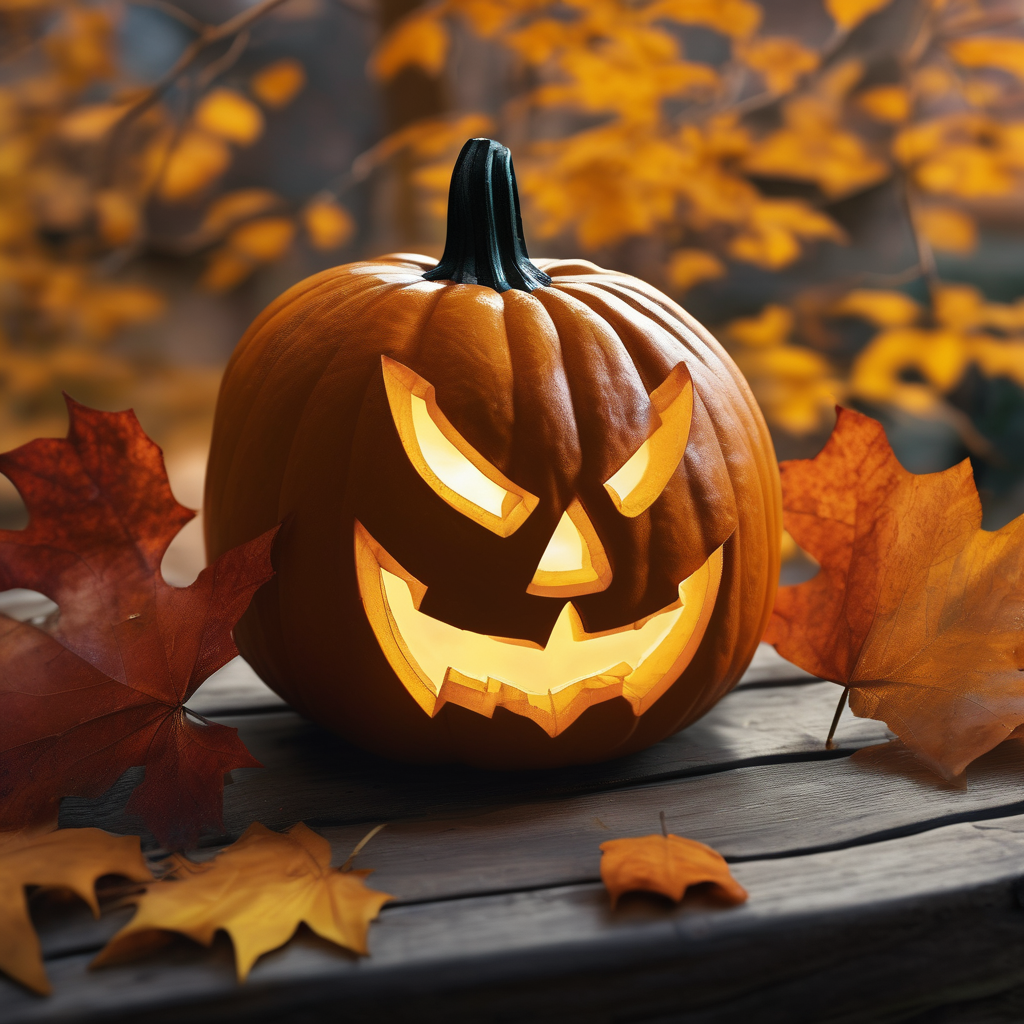The Halloween film franchise has firmly established itself as a staple of horror cinema over the past four decades, comprising a total of 13 films that showcase iconic moments, unforgettable characters, and varied storytelling techniques. However, the reception of each installment has not been uniform, leading to a mix of acclaimed entries and those that have drawn criticism. Here’s a look back at the franchise, highlighting the key aspects of each film.
Topping the list is the 2018 film, “Halloween,” directed by David Gordon Green. Serving as a direct sequel to the 1978 classic, it features Jamie Lee Curtis reprising her role as Laurie Strode, a seasoned survivor confronting her past. The film skillfully revitalizes the franchise while reinforcing Michael Myers’ reputation as an enduring horror figure. With music composed by John Carpenter, it is often regarded as one of the finest entries.
Following closely is “Halloween Ends,” which wraps up the modern trilogy with an unconventional narrative. While it received mixed reviews due to the introduction of a Michael Myers doppelgänger, it stands out for its emotional depth, providing a sense of closure for both Laurie Strode and Michael Myers.
“Halloween Kills,” the second installment of the recent trilogy, delivers chaos with a mob hunting down Michael Myers, featuring some of the franchise’s most chilling kills. Despite its frenetic nature, audiences find it to be one of the most entertaining films in the series.
The 1988 film “Halloween 4: The Return of Michael Myers” marks Michael’s return after the divisive “Season of the Witch.” Introducing a new character, Jamie Lloyd, portrayed by Danielle Harris, it taps into a nostalgic vibe that fans appreciate, even amidst critiques regarding Michael’s mask.
“Halloween H20: 20 Years Later” revives Jamie Lee Curtis’s Laurie Strode in a contemporary context, set a decade after the original films. Curtis’sperformance adds to its charm, blending nostalgia with modern thrills.
“Halloween: Resurrection,” while often thought to have a tarnished reputation, features bizarre yet entertaining elements, including a memorable confrontation between Busta Rhymes and Michael Myers, blending reality television with horror.
The original 1978 “Halloween,” directed by John Carpenter, is hailed as a landmark in horror, with a haunting atmosphere that continues to influence the genre. Despite debates on whether it is overrated, its massive impact remains undeniable.
Its sequel, “Halloween II” (1981), picks up immediately where the original left off, expanding on Laurie Strode’s story while introducing more gore. Co-written by Carpenter, it remains a solid continuation, though it strays from the simplicity of its predecessor.
Rob Zombie’s “Halloween II” (2009) takes a darker turn, with Tyler Mane embodying Michael Myers in a more intense light. While it garnered mixed reactions, it presents a radical narrative twist that some fans appreciate.
Meanwhile, “Halloween: The Curse of Michael Myers” attempts to weave a complex backstory involving cults, featuring Donald Pleasence’s final performance. However, its chaotic storyline does not resonate with everyone.
Zombie’s 2007 remake, “Rob Zombie’s Halloween,” delves into Michael Myers’ troubled past but often gets bogged down by graphic violence. While it seeks to delve deeper, many see it as lacking the original’s impact.
The unconventional “Halloween III: Season of the Witch,” which lacks Michael Myers, received a mixed historical reception, although it has since achieved a cult following.
Lastly, “Halloween 5: The Revenge of Michael Myers,” criticized for its hurried production, struggles to advance the storyline set by its predecessor, leading to a convoluted plot that ultimately makes it one of the less favorable entries in the series.
Overall, the Halloween franchise showcases both the triumphs and struggles of maintaining a long-running series. Each film contributes its distinct flavor to the legacy of Michael Myers, ensuring that he remains a key figure in the horror genre. Fans continue to engage in discussions around their favorite films, keeping the spirit of this iconic series alive.
